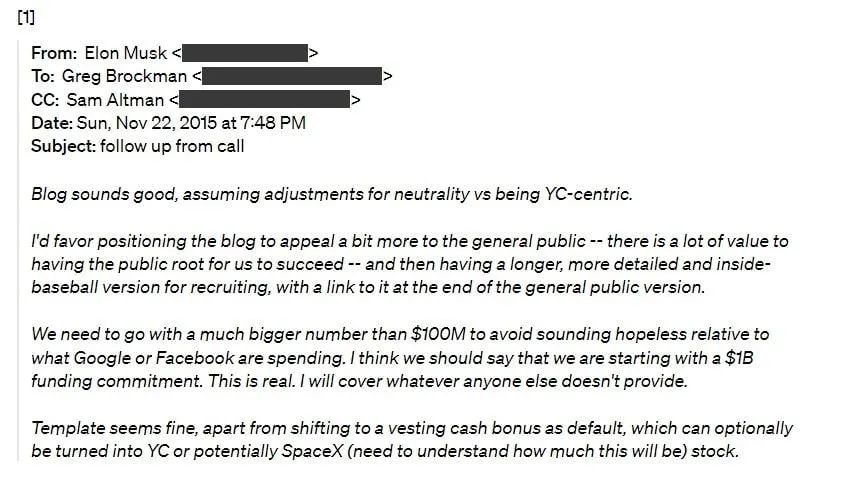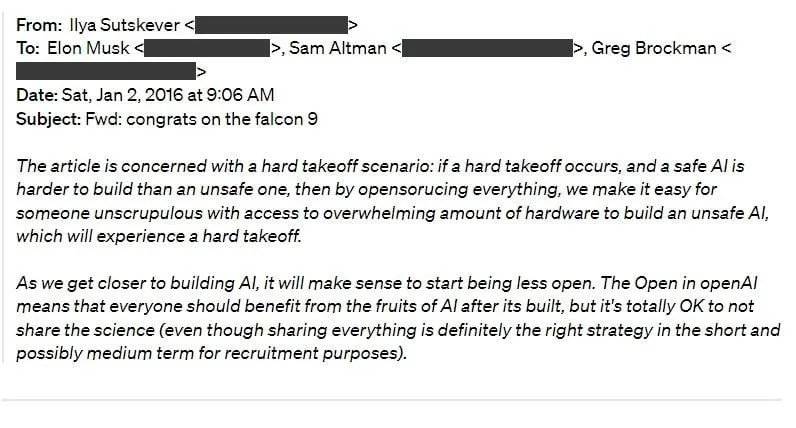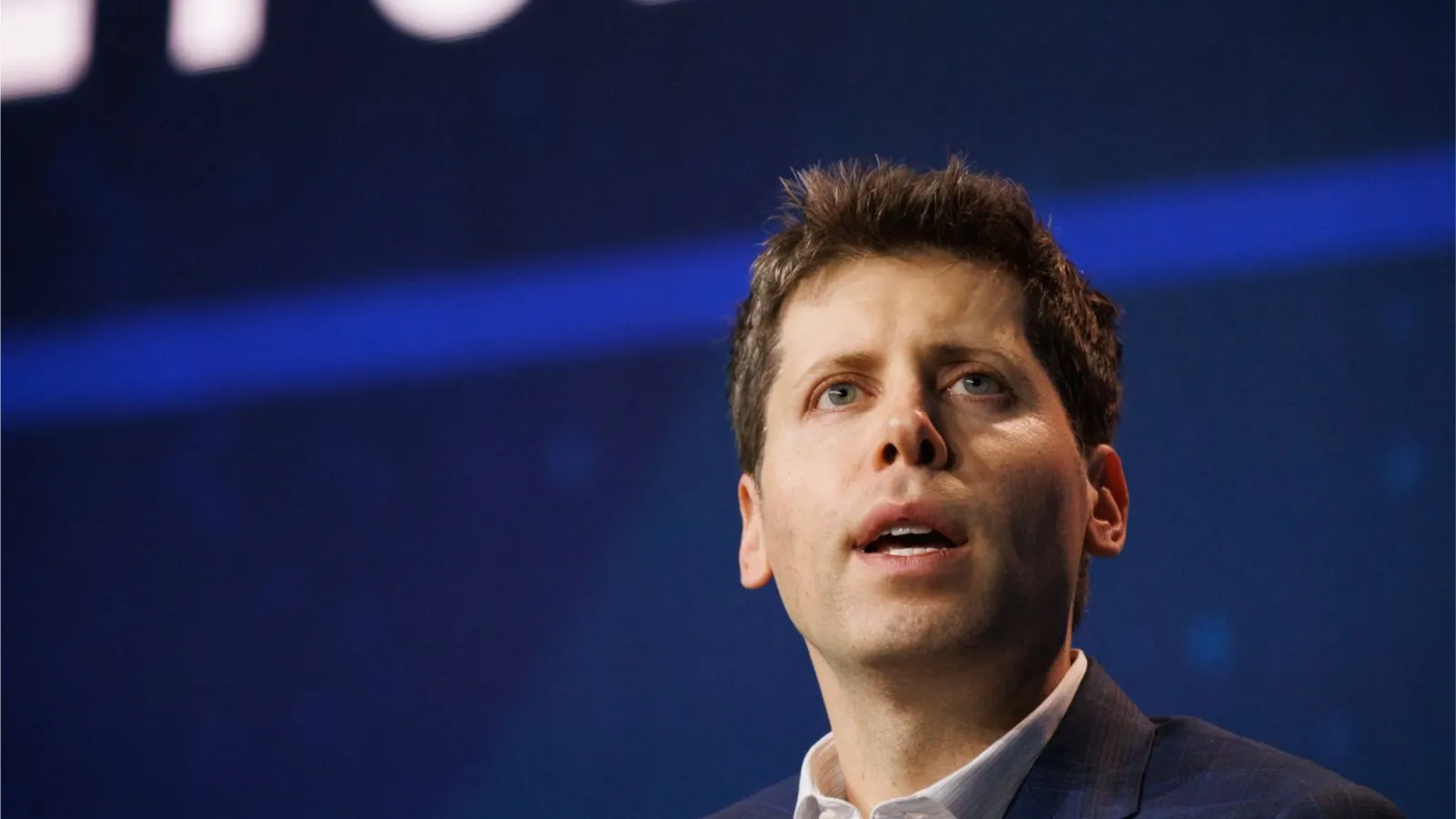OpenAI released a series of emails from Tesla CEO Elon Musk in response to Musk's lawsuit that accuses the ChatGPT creator of straying from its open-source, humanity-focused mission, suggesting that the tech tycoon was also motivated by money.
Musk sued OpenAI in the Superior Court of California in San Francisco on Thursday, claiming a breach of contractual agreements surrounding OpenAI's founding.
In his lawsuit, Musk accuses OpenAI of breaking their agreement by exclusively licensing GPT-4 to Microsoft for profit, restricting public access to GPT-4 details, setting up a paywall, and allowing Microsoft to have too much control over OpenAI, which gave the Redmond-based tech giant a seat on its board of directors.
“[Sam Altman] approached Mr. Musk with a proposal that they join forces to form a non-profit AI lab that would try to catch up to Google in the race for AGI, but it would be the opposite of Google,” court documents revealed.
Artificial General Intelligence (AGI) refers to a machine's ability to understand, learn, and apply knowledge across various tasks—like a human.
According to the lawsuit, Musk, Altman, and Greg Brockman decided the new lab would operate as a nonprofit focused on developing AGI for “humanity's benefit” rather than for shareholder profit, adopting an open-source approach.
— Elon Musk (@elonmusk) March 6, 2024
“Reflecting the Founding Agreement, Mr. Musk named this new AI lab ‘OpenAI,’ which would compete with, and serve as a vital counterbalance to, Google/DeepMind in the race for AGI, but would do so to benefit humanity, not the shareholders of a private, for-profit company (much less one of the largest technology companies in the world),” the lawsuit said.
In response, OpenAI published a blog post that included emails allegedly from Musk to Greg Brockman with Sam Altman CC’d.
“We need to go with a much bigger number than $100M to avoid sounding hopeless relative to what Google or Facebook are spending,” Musk allegedly wrote in one message. “I think we should say that we are starting with a $1B funding commitment. This is real. I will cover whatever anyone else doesn't provide.”

In another email, Musk reportedly said OpenAI’s current funding model couldn’t compete with an $800 billion company like Google, suggesting that the open-source approach could hurt them.
“It seems to me that OpenAI today is burning cash and that the funding model cannot reach the scale to seriously compete with Google (an 800B company),” he said. “If you can't seriously compete but continue to do research in open, you might in fact be making things worse and helping them out ‘for free,’ because any advances are fairly easy for them to copy and immediately incorporate, at scale.”
OpenAI also shared an email allegedly sent by co-founder Ilya Sutskever that questioned the wisdom of building out in the open, saying bad actors could manipulate the technology and that holding back its research may be wise to prevent misuse.
“If a hard takeoff occurs, and a safe AI is harder to build than an unsafe one, then by [opensourcing] everything, we make it easy for someone unscrupulous with access to overwhelming amount of hardware to build an unsafe AI, which will experience a hard takeoff,” Sutskever wrote.

In November, Sutskever was among a group of OpenAI executives who pushed Sam Altman out of OpenAI. Over the long weekend, the world waited to see where the CEO would land. After Microsoft stepped in, Altman was reinstated as CEO.
I deeply regret my participation in the board's actions. I never intended to harm OpenAI. I love everything we've built together and I will do everything I can to reunite the company.
— Ilya Sutskever (@ilyasut) November 20, 2023
Musk’s lawsuit seeks a jury trial regarding the issues and claims, including asking the court to enforce OpenAI's AI sharing commitments, separate GPT-4 from Microsoft's license, demand financial restitution, and audit OpenAI's funds and IP use.
Musk has taken credit for OpenAI since the AI developer gained global recognition after launching GPT-4 earlier that year.
"I am the reason OpenAI exists, it wouldn't exist without me,” Musk said in an interview with CNBC.
Edited by Ryan Ozawa.

